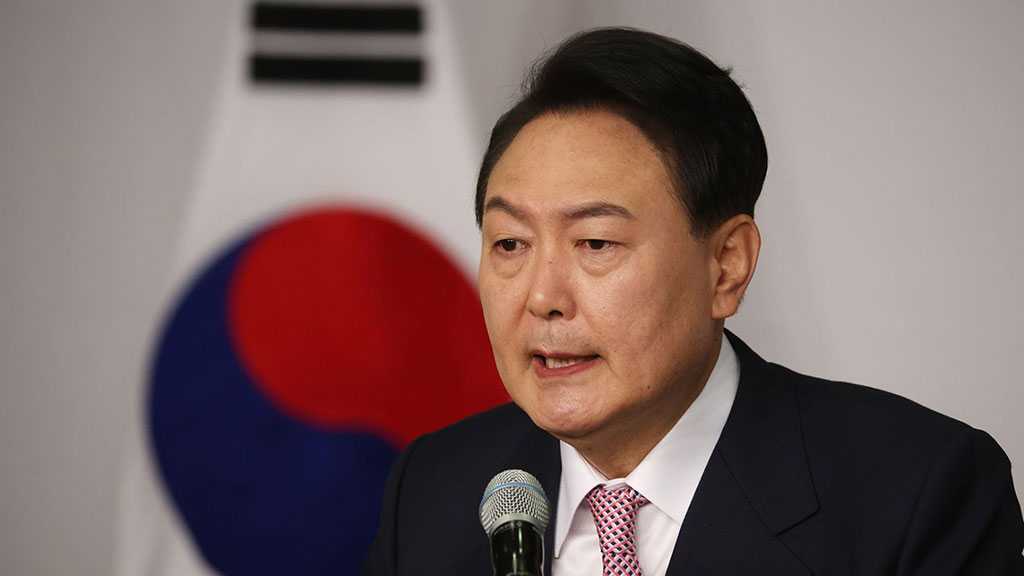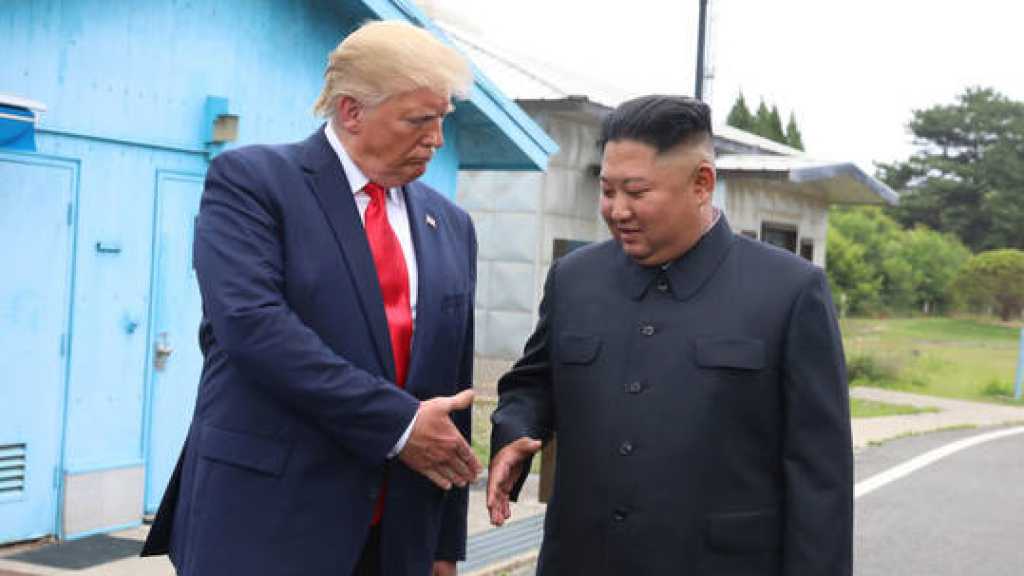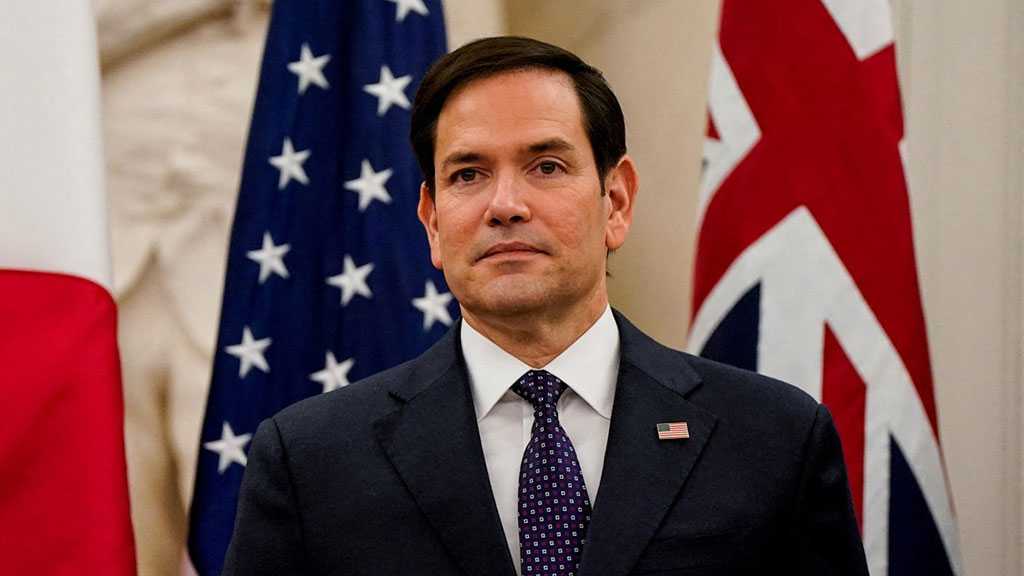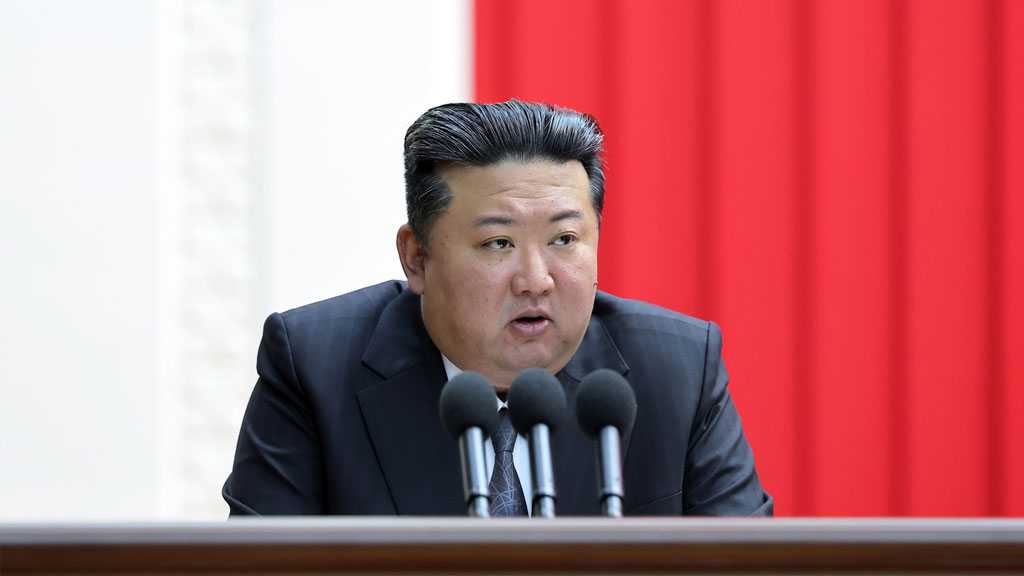S Korean President Battles Rebellion Charges, Impeachment Over Martial Law Crisis

By Staff, Agencies
South Korean President Yoon Suk Yeol appeared in two separate courts on Thursday, contesting his arrest on rebellion charges in one case while defending himself against an impeachment trial in the other.
Both legal battles stem from his brief declaration of martial law in December, which has plunged the nation into political turmoil.
Yoon first attended a preliminary hearing at the Seoul Central District Court, where discussions focused on evidence, witness testimonies, and legal procedures for his criminal trial. His legal team also requested his release from custody, though such appeals are rarely successful. A decision on his arrest status was expected later in the evening.
He then traveled to the Constitutional Court, which is deliberating on whether to remove him from office following his impeachment by the National Assembly.
The court heard testimonies from key figures, including Prime Minister Han Duck-soo, who claimed Yoon bypassed the constitutional requirement for a formal Cabinet meeting before declaring martial law on December 3.
Additionally, former spy agency official Hong Jang-won testified that Yoon ordered a counterintelligence unit to detain opposition leaders and the National Assembly speaker.
Yoon was formally indicted on January 26 on rebellion charges, which in South Korea carry potential penalties of life imprisonment or even the death penalty.
While presidents are typically immune from most criminal charges, this immunity does not apply to accusations of rebellion or treason.
Prosecutors argue that Yoon’s martial law order was an unlawful attempt to dismantle the National Assembly and suppress political opposition.
Although the martial law decree lasted only six hours, it has triggered widespread unrest, damaged diplomatic relations, and tested South Korea’s democratic resilience.
Conservative supporters of Yoon protested violently following his arrest, while his legal team and ruling party allies have openly criticized the credibility of the courts and law enforcement agencies.
Despite his legal battles, Yoon continues to challenge his political adversaries, alleging election fraud and defending his martial law decision as a temporary warning rather than a permanent crackdown.
Several high-ranking officials, including his defense minister, police chief, and senior military commanders, have also been indicted on charges related to the decree.
Comments
- Related News



